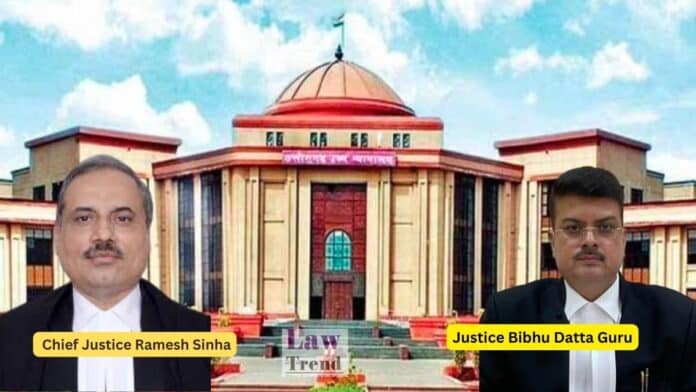The Chhattisgarh High Court, while hearing a reference under Section 366 CrPC along with connected criminal appeals, held that in awarding a death sentence, courts must consider both aggravating and mitigating circumstances specific to each accused, rather than relying solely on the nature of the offence. The judgment was delivered in CRREF No. 1 of
To Read More Please Subscribe to VIP Membership for Unlimited Access to All the Articles, Download Available Copies of Judgments/Order, Acess to Central/State Bare Acts, Advertisement Free Content, Access to More than 4000 Legal Drafts( Readymade Editable Formats of Suits, Petitions, Writs, Legal Notices, Divorce Petitions, 138 Notices, Bail Applications etc.) in Hindi and English.




